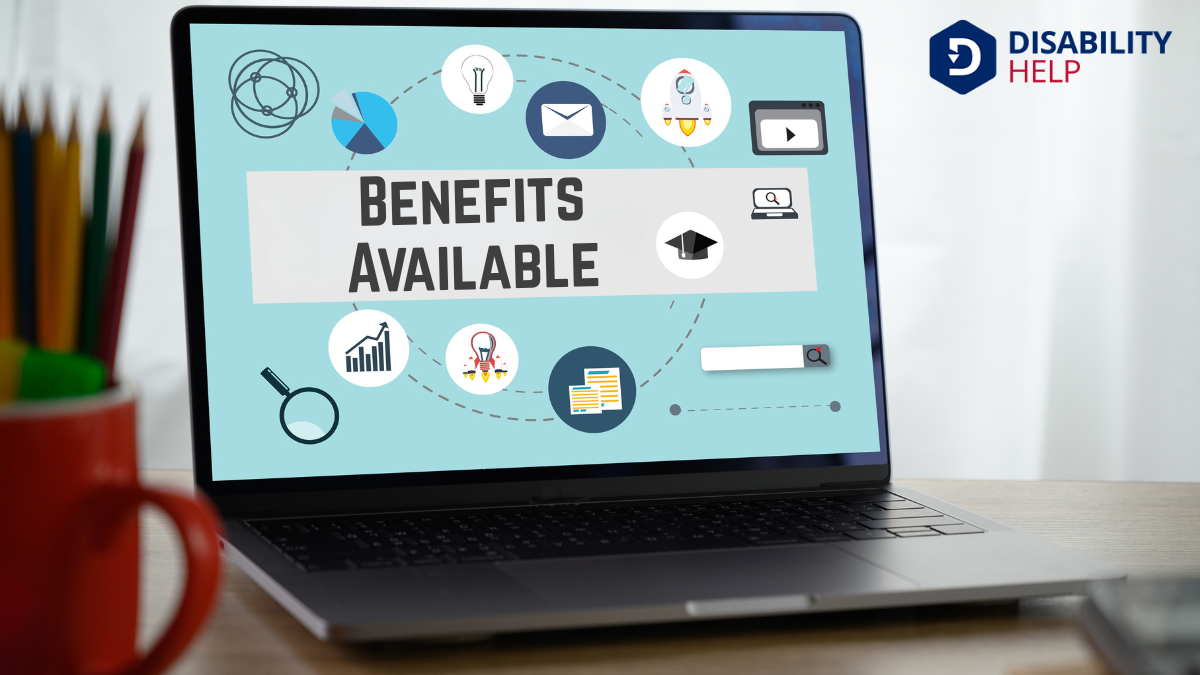In South Carolina, workers' compensation law guarantees you, as an employee, receive vital benefits if you're injured or become ill due to your job. It's not just about accidents—occupational diseases count, too, and it doesn't matter who's at fault. Employers must have insurance and report injuries swiftly. But what benefits can you actually expect, and how does the claims process work? Let's uncover the essentials and navigate potential challenges.
Key Takeaways
- Workers' compensation in South Carolina covers job-related injuries and occupational illnesses for eligible employees.
- Fault is irrelevant for coverage as long as the injury occurs during work duties.
- Benefits include medical expenses, wage replacement, and vocational rehabilitationServices that help individuals with disabilities prepare for, obtain, and maintain employment. support.
- Claims must be reported within 90 days, and disputes can be appealed through the Workers' Compensation Commission.
- Employers are mandated to carry workers' compensation insurance and ensure a safe work environment.
Coverage and Eligibility Requirements
When exactly does workers' compensation cover you in South Carolina? It applies when you're injured on the job or develop an occupational illness. To be eligible, your work must contribute to your injury or illness. It doesn’t matter if the accident was your fault; as long as it happened during work duties, you're likely covered.
Importantly, coverage extends to sudden accidents and repetitive stress injuries.
You're eligible if you're classified as an employee, not an independent contractor. Your employer must have four or more employees to be required to carry workers' compensation insurance.
Types of Benefits Available

In South Carolina, workers' compensation offers various benefits to support you after a work-related injuryAn injury that occurs in the course of employment, potentially leading to temporary or permanent dis... or illness.
You'll find medical benefits that cover necessary treatments, doctor visits, and even travel expenses related to your care.
If your injury prevents you from working, temporary total disability benefitsFinancial assistance provided to individuals who are unable to work due to a disability, such as Soc... will replace a portion of your lost wages. In cases where you're able to work but earn less, temporary partial disability benefits can help bridge the gap.
If your injury results in permanent impairmentA loss or abnormality of a body structure or function, whether physical, mental, or sensory, often a..., permanent disability benefits provide long-term financial support.
Additionally, vocational rehabilitationThe process of helping individuals with disabilities achieve and maintain their optimal physical, se... benefits offer training and assistance if you need a new job.
Should a work-related injury result in death, dependents may receive death benefits to ease the financial burden during such a difficult time.
The Claims Process and Timeline
Steering through the workers' compensation claims process in South Carolina can feel overwhelming, but understanding the steps can make it more manageable.
First, report your injury to your employer within 90 days to guarantee your claim's eligibility. Next, your employer should file a claim with their insurance provider and the South Carolina Workers' Compensation Commission. You’ll need to attend any medical appointments and provide documentation related to your injury.
After filing, the insurer reviews your case. If accepted, benefits generally begin promptly. If your claim is denied, you can request a hearing to appeal.
The timeline varies, but staying proactive and organized helps in speeding up the process. Remember, consulting a workers' comp attorney can provide guidance and support throughout.
Employer Responsibilities and Compliance
After understanding the claims process, it's important to know what your employer must do to guarantee a smooth experience.
In South Carolina, employers need to carry workers' compensation insurance for their employees. This coverage guarantees that if you get injured at work, your medical expenses and lost wages are covered.
Employers must report workplace injuries promptly to their insurance carrier and the South Carolina Workers' Compensation Commission. They're also required to post notices about workers' comp rights, so you're aware of your entitlements.
Additionally, employers should maintain a safe work environment to prevent accidents. If your employer doesn't comply with these responsibilities, they could face penalties, and you might've grounds for further action to secure your rights.
Resolving Disputes and Legal Considerations

When conflicts arise in a workers' compensation claim, understanding your options for resolution and the legal landscape is essential.
First, try discussing the matter with your employer or their insurance company. Sometimes, direct communication resolves misunderstandings.
If that doesn’t work, you can file a formal claim with the South Carolina Workers' Compensation Commission. The Commission will review your case and may hold a hearing to settle disputes.
If you're unsatisfied with the Commission's decision, you have the right to appeal. Legal representationThe way people with disabilities are depicted in media, culture, and politics, often influencing pub... can be beneficial here. An attorney specializing in workers' comp law can guide you through the complexities of the appeals process.
Conclusion
In South Carolina, if you're injured or ill due to work, you’re likely covered by workers' comp law. You’ll get benefits like medical care and wage replacement, thanks to your employer's required insurance. Remember, it covers accidents and occupational diseases, regardless of fault. Stay informed about the claims process and timelines, and know your employer’s responsibilities. If disputes arise, legal options are available to guarantee you receive the compensation you deserve.






